THE ELECTRIC CAR SCHEME



Moving away from petrol and diesel towards electric vehicles is a key element in the UK government net zero strategy. But it has been expensive and complicated, even with attractive subsidies. The Electric Car Scheme is here to change that and is helping employers and employees to make the transition through a unique salary sacrifice scheme that beats others in the market in almost every way. CEO and Founder Thom Groot talks to Energy Focus about the journey so far.

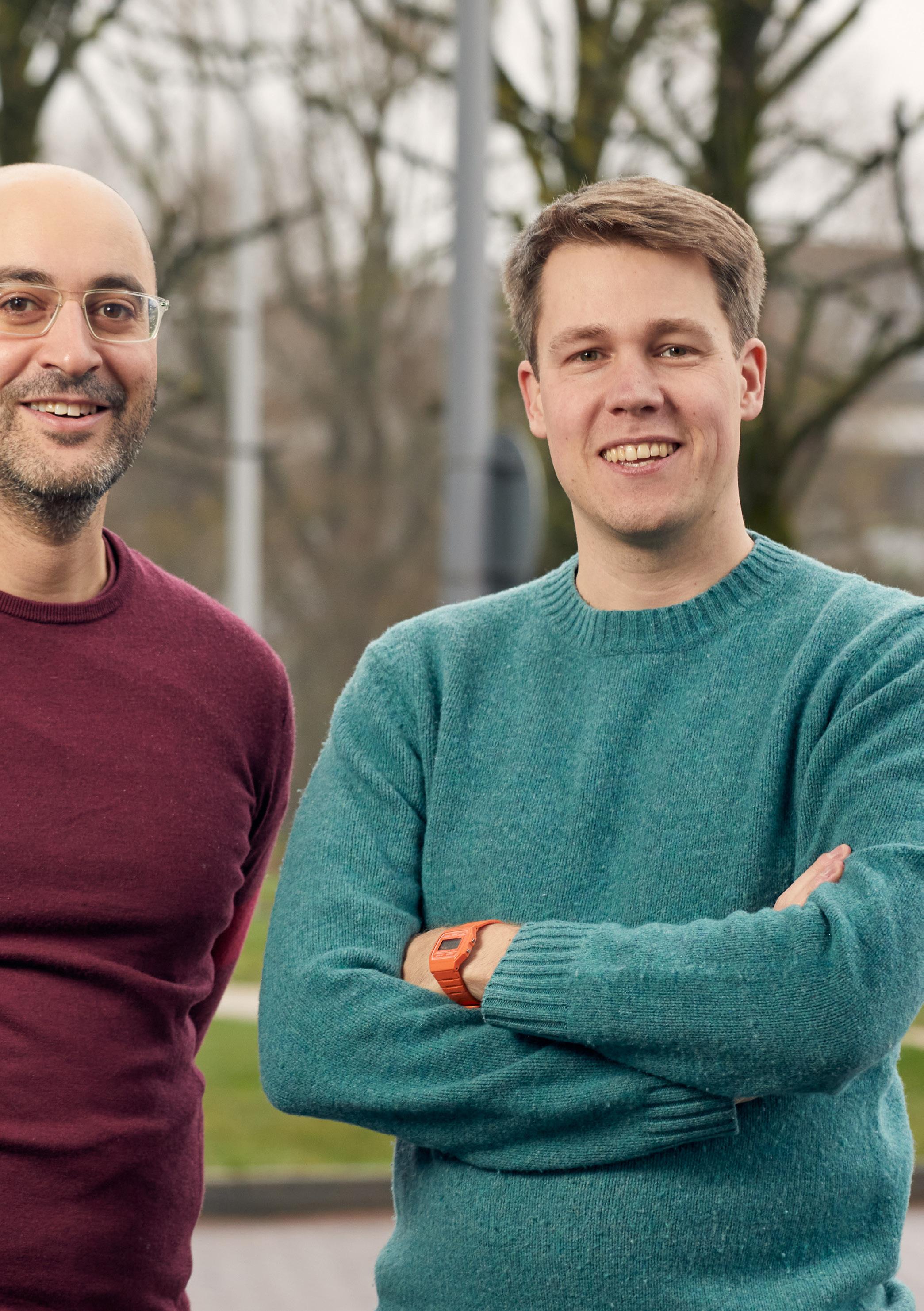 Tom Elion, Founder and Thom Groot, CEO and Founder
Tom Elion, Founder and Thom Groot, CEO and Founder
//The road towards net zero is long and difficult, but it is powered by the desire for change from an ambitious and hungry general public. Shifting from hefty emission fossil fuels to renewable power and low carbon alternatives is the challenge of the time, and the transition hinges on the ability of businesses to keep up with trends and rollout new concepts so that economies – especially sub-sectors, like transportation and similar energy intensive areas – can achieve net zero.
In the UK, net zero is high on the government agenda but figures from the Office for Budget Responsibility calculated in July 2021 found that it cost around £321 billion to hit net zero by 2050. These big numbers are numbing and - although much has been done with the country leading
in offshore wind, hydrogen research, and electrification – as individuals, the journey can seem overwhelming.
This is why businesses have to make technology and modern ideas accessible and affordable, allowing the public to participate in the transition. In transportation, some reports suggest that if the majority of passenger cars in the UK switched to electric, 12% of total carbon emissions would be cut.
But electric cars are expensive. The cheapest today is around £22,000. The used market is nascent, and few have the disposable cash to walk into a dealer and leave with the keys to a new EV during an energy pricing crisis and cost of living emergency. However, the appetite remains. According to SMMT data, battery EVs and hybrid EVs performed strongly in the past year. Fleet and businesses
buyers were responsible for two thirds of new battery EV registrations.
Often, the answer for individuals is spreading the cost. Instead of parting with a large sum, there are proven finance models that allow those looking to make the change to access the EV market. But even with a more manageable cost model, the market is still expensive and barriers to entry remain – hardly an environment to drive transformation.
This was the case for Thom Groot and Tom Eilon, Founders of The Electric Car Scheme. The pair wanted to get their company on a green road but, even with government subsidies, the market was unappealing.
“We found that it was really only available for people with company car schemes – usually larger businesses with more than 1,000 employees,” Groot
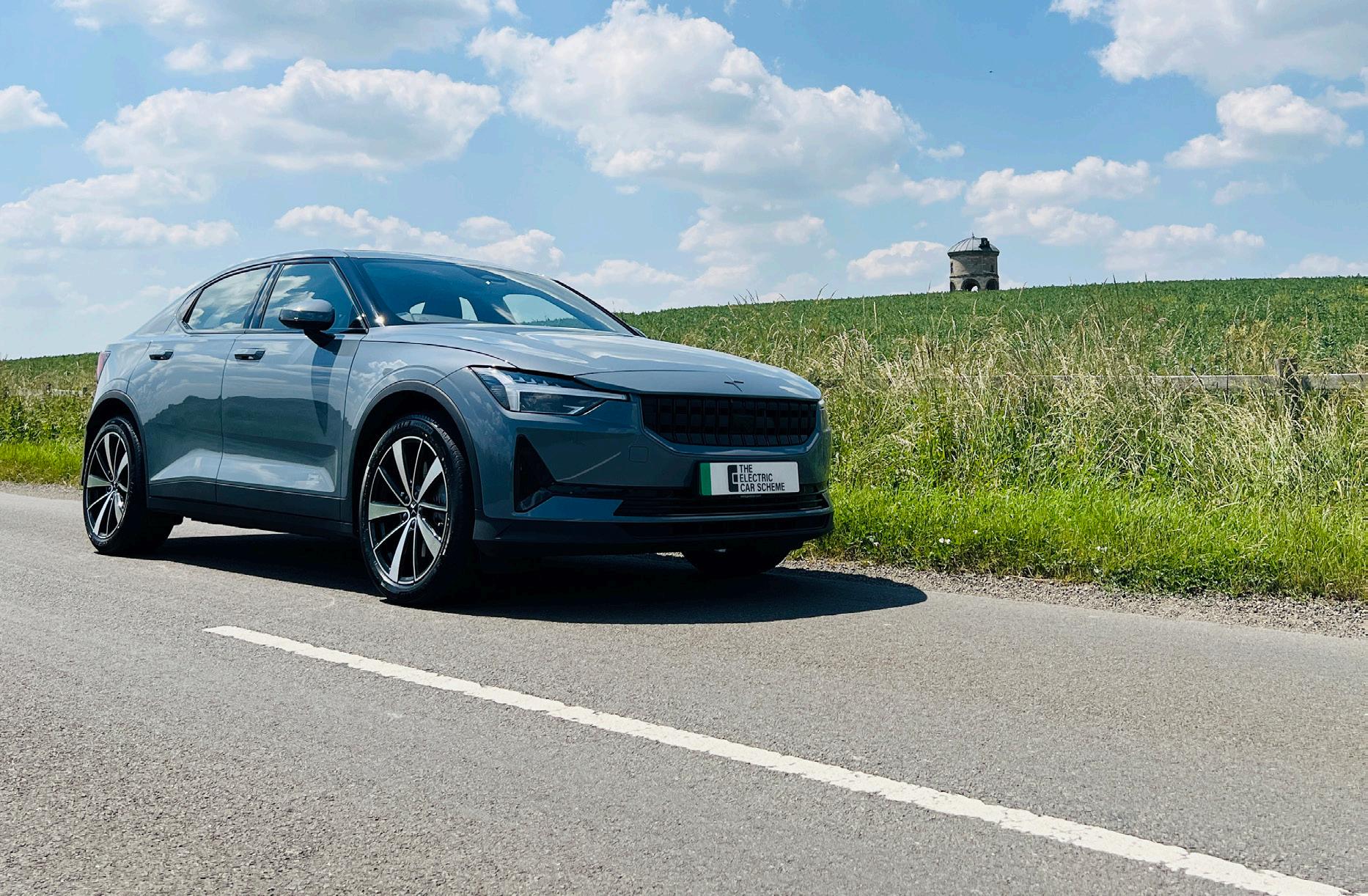


tells Energy Focus. “When it is available through a company car scheme, it will come from one lease provider and you only have the pricing from that lease provider. Typically, that results in the package being more expensive.”
So, The Electric Car Scheme created a model where smaller companies could benefit. The UK private sector is made up of mostly non-employing businesses (those where owners are the only employees) and small employers. SMEs account for the vast majority of the business population, with 99.9% is active in SMEs (0-249 employees).
The company utilises the UK government tax incentive to operate a salary sacrifice scheme through which employees pay for the vehicle on a lease or subscription basis but save on taxes, while the employer benefits by reduced cost and offering a fantastic benefit at no cost.
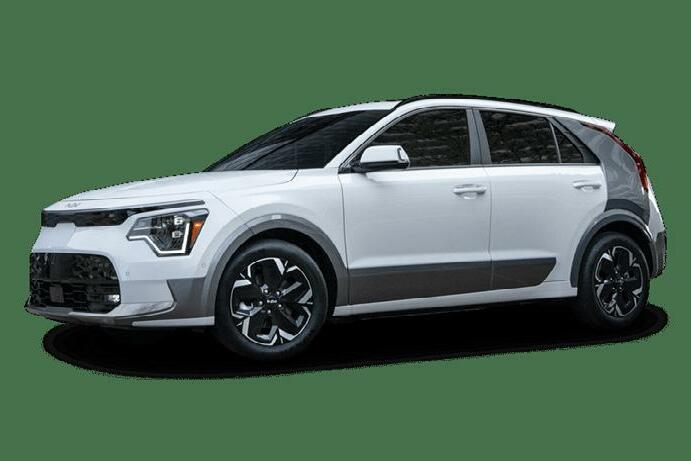
“We set up to help people in small and medium sized businesses to get into electric cars even if their company did not traditionally have
a company car scheme. We also wanted to be independent from specific lease companies so that we can get the best that the market has to offer,” explains Groot.
“We are UK-focused and we look at small and medium businesses, anywhere between 10 and 1,000 employees. We have a few bigger clients, but most are SMEs. We focus more on companies that wouldn’t normally have a company care scheme.
“We want to make sure employees get all of the tax savings and there is no hidden cost in the car or inflation in the lease price. For the business, we sort everything and remove all hassle and paperwork with HMRC. This reduces risk and is provided at no cost to a business. When an employer takes the offering, they reduce their tax and national insurance outgoing, and we take that as a fee so that we can deliver the service,” he says, adding that the company does not try to be car specialists but rather focusses on the salary sacrifice model, understanding the tax element, and therefore making entry to the market as cheap as possible.
The ambition of The Electric Car Scheme to deliver EVs for the masses is a great example of a company actively pushing the energy transition to a large part of the market. The success does not come from inventing new technology but from providing a simple, clear, and affordable entry route to a lower carbon (or no carbon) transportation industry.
Established in 2021 following a delay as the pandemic halted a lot of car travel, the company is already 50 people strong and performing well.
“We picked up our first customers at the start of 2021, and first employees in September 2021. We have grown quickly and we are signing up more and more businesses every day. We are still in the growth phase, and just at the start of our journey. There is so much potential!” details Groot.

“We are a digital service provider – that is our background,” he adds, noting a history in a number of prominent digital organisations as well as experience in strategy consulting and leading data teams at The AA.
Beyond the obvious themes arising from the ongoing energy transition


and decarbonisation process, there are more reasons that The Electric Car Scheme makes sense, especially in today’s tough economic conditions.
“Sustainability through electric cars is a key theme in our market, obviously,” highlights Groot. “Secondly, labour dynamics in the UK has been a key theme. Over the past 18 months, it has been hard for companies to attract people and retain good people. Our product really helps with that as you can give a new starter or an existing employee a benefit that is worth on average around £10k at no cost to your business. Right now, when pay rises are hard to achieve for many small businesses, but where inflation is driving requests, this can be a very valuable perk – especially for those who want an electric car.”
Currently, the UK government provides incentives for the uptake of electric cars through the Plugin Car Grant (PiCG) and various other programmes. “We had a big
announcement from the Treasury that the scheme would be extended until at least 2028, and that is great news. Electric cars will be taxed but that was inevitable and we don’t feel too negative about that,” says Groot.
The model operated by The Electric Car Scheme is where the spark is for this innovative business. Independent, not limited to a single brand or structure, and nimble by design, the company can meet the needs of clients quickly.
Through The Electric Car Scheme, drivers can choose either a lease or subscription contract and can choose from any automotive brands thanks to the company’s relationships with multiple providers.
“I’m very proud of our model as it gives employees the very best the market has to offer, at the best price, while making sure everything is taken care of for the business,” states Groot. “Finding the right balance between
price and product has been a big driver for us and I am proud of what we have achieved – it’s exciting and we believe we have found a solution that is the best in the UK. When I speak to our clients, they tell me they value that.
“Most want an electric car, but they cannot afford it or it is not the right time. They put off the decision and that is not

//
I’M VERY PROUD OF OUR MODEL AS IT GIVES EMPLOYEES THE VERY BEST THE MARKET HAS TO OFFER, AT THE BEST PRICE, WHILE MAKING SURE EVERYTHING IS TAKEN CARE OF FOR THE BUSINESS //
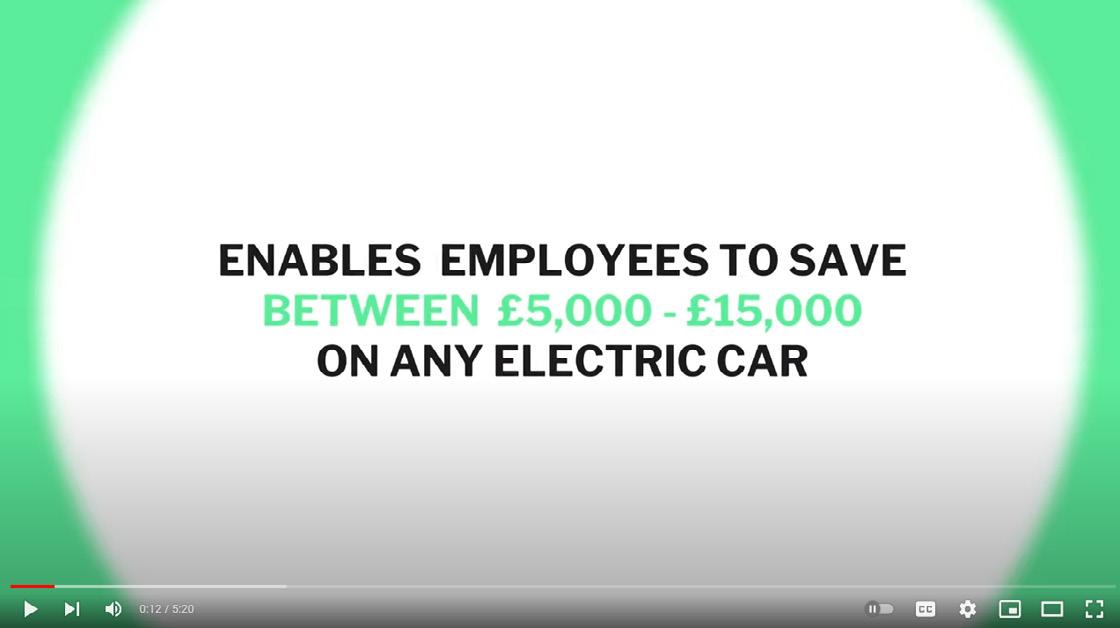
good for the environment. When you are a small business and you think about other small businesses, and you can implement in a fast way, that is exciting.”
Typically, says Groot, dealing with smaller companies allows you to talk to decision makers, themselves keen on contributing to the energy transition where possible. They drive
the cars that are sent out, and they participate in the activities that will realise emission reductions.
The other end of the system is partnerships within the industry, and The Electric Car Scheme is highly collaborative.
“We work with all major lease companies around the country. Through
this, we benefit from volume deals with manufacturers that we would not be able to access without their help. They will buy tens of thousands of cars each year, accessing discounts which our customers can then take advantage of.
“We partner with car subscriptions provider Onto, which is a more flexible, monthly, all-inclusive agreement. You
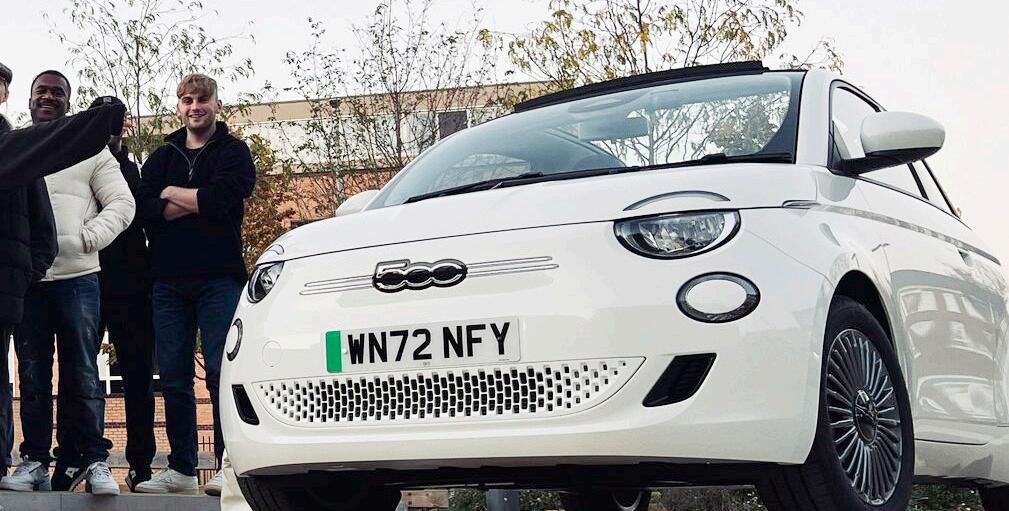
// MOST WANT AN ELECTRIC CAR BUT THEY CANNOT AFFORD IT OR IT IS NEVER THE RIGHT TIME. THEY PUT OFF THE DECISION AND THAT IS NOT GOOD FOR THE ENVIRONMENT //
can sign up for an all-encompassing package, including insurance, servicing, and everything else, and it is typically a minimum of 12 months rather than three years,” Groot highlights.
This hybrid model also allows clients to overcome, to a certain extent, the supply chain issues which have resulted in long waiting lists for new EVs. Because of global supply challenges around raw materials (including critical battery metals lithium, nickel, cobalt, and copper) manufacturers have been forced to delay deliveries. But The Electric Car Scheme is not exclusive to any provider, and can provide flexibility.
“The subscription car model alongside the lease model has been a game changer - firstly as it is much more flexible, but secondly because of issues in the supply chain,” smiles Groot. “If you order a new car, you
might wait six months. On subscription, cars become available every week and every month. That is attractive for people as many are still used to a car industry where if you want a car, you go to the dealer and drive one away there and then. This is a difference for us compared to anyone else in the UK. Our customers love it and we have seen good uptake.”
The result is more people pumping out zero emissions on UK roads and more people saving money on their fuel bills. “This time last year, driving an electric car was around four times cheaper per mile in terms of fuel costs. It then went to almost directly comparable with petrol or diesel, and now it is around half the price of driving a petrol or diesel (depending on car make and model),” explains Groot.
“You save money on the energy and you save money on maintenance
and servicing. Electric cars have fewer moving parts and are, in general, cheaper and easier to maintain.”
In the future, The Electric Car Scheme has a wide-open playing field. As the company continues to build its brand and grow its influence, new sectors will open and net zero opportunities will continue to present themselves.
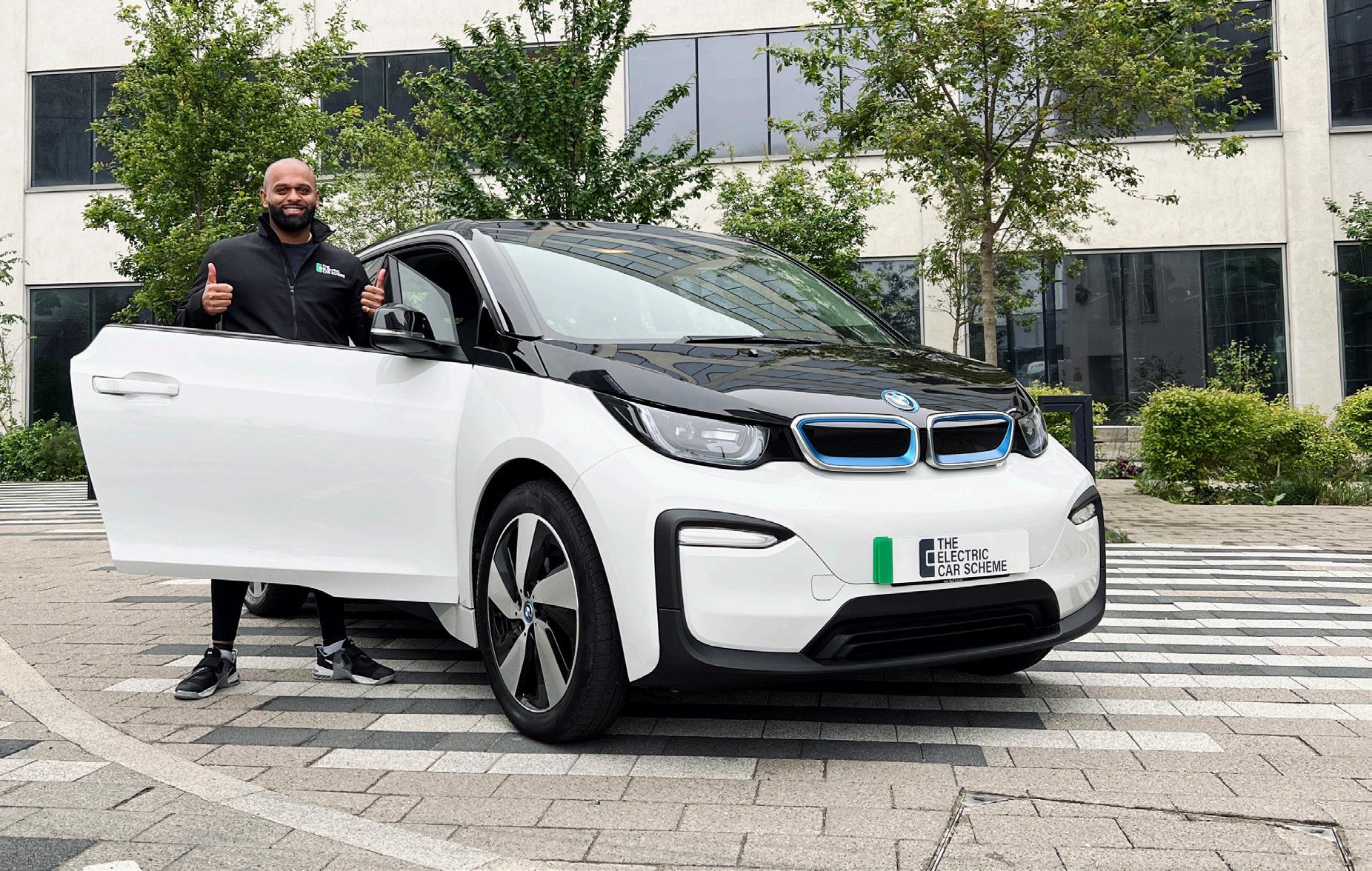
“More and more, we are helping our clients with how they charge the cars that their employees are using. We can look at putting chargers in place and we are helping them installations at home as well as at work. There are tax savings to be had on the chargers as well, so it makes sense to include it in the offering,” says Groot, adding that the company is keen to assist people in their wider net zero journey.
“Starting with cars and then
looking at home heating, storage, and energy provision – could we assist there? We would love to play a part in that but we will wait until the market is more ready. Right now, heat pumps and electric boilers are so expensive and there are only small subsidies.”
Currently, the business continues to recruit, trying to attract more brave and ambitious people to add to a
thriving culture. As numbers grow, the chance to further net zero goals will develop, and the company will be able to deliver its ‘no brainer’ approach to more people on the energy transition.
“The net zero transition is going to take time and effort and as The Electric Car Scheme, we believe that we can play a part but we want to do more and get more people involved.”
For now, the blend of lease and subscription models, and relationships across the market, all combined with a comprehensive understanding of the subsidies available will keep The Electric Car Scheme affordable, available, and appealing.

“The salary sacrifice concept is starting to become more common, but how we differ from others is what is interesting. We are not a lease company and that means we are cheaper. We can offer the best of the whole market which means we can offer a
subscription service – no one else is doing what we are,” he concludes.
Without easy access to new routes in the energy transition, the masses will remain on the fringe and change will be slow. It is vital from an emission reduction perspective that energy intensive sectors are decarbonised and the general public is a part of the process. By opening up opportunities to a larger market than ever before, The Electric Car Scheme is doing its bit. As more chances for change open, this is an ambitious company that will support people as they continue on a greening journey.
// THE NET ZERO TRANSITION IS GOING TO TAKE TIME AND EFFORT AND AS THE ELECTRIC CAR SCHEME, WE BELIEVE THAT WE CAN PLAY A PART //
CMB Media Group does not accept responsibility for omissions or errors. The points of view expressed in articles by attributing writers and/ or in advertisements included in this magazine do not necessarily represent those of the publisher. Any resemblance to real persons, living or dead is purely coincidental. Whilst every effort is made to ensure the accuracy of the information contained within this magazine, no legal responsibility will be accepted by the publishers for loss arising from use of information published. All rights reserved. No part of this publication may be reproduced or stored in a retrievable system or transmitted in any form or by any means without the prior written consent of the publisher.






